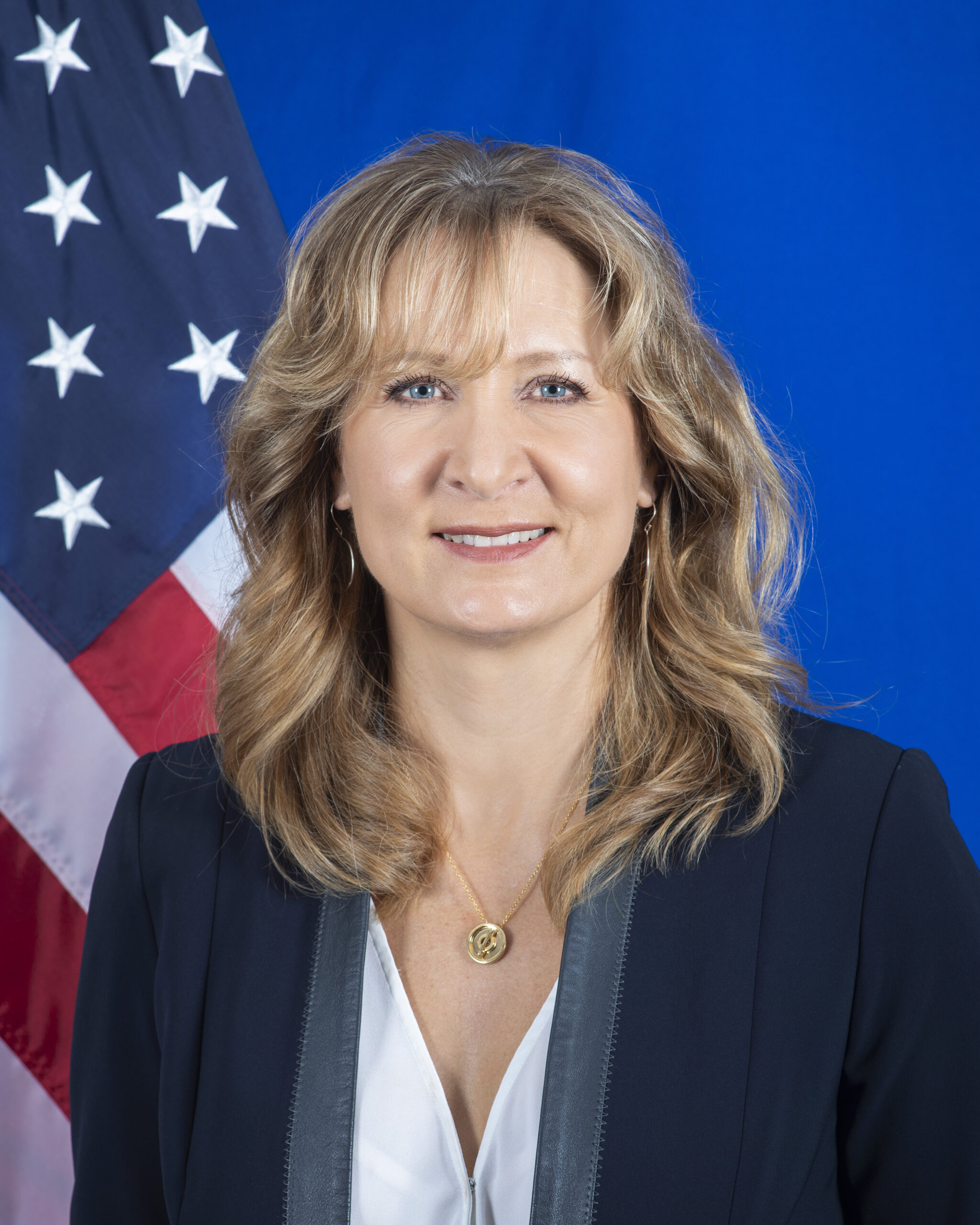In a recent press briefing, U.S. Ambassador Van Schaack addressed the alarming humanitarian crisis in Sudan, shedding light on the urgent need for international attention and intervention.
The conflict, pitting the Sudanese Armed Forces (SAF), against the Rapid Support Forces (RSF), has resulted in a staggering toll of over 10,000 lives lost and 6.8 million people displaced since April.
Ambassador Van Schaack underscored the severity of the situation, drawing attention to pervasive human rights abuses such as systemic sexual violence targeting women and girls, ethnic violence in Darfur, and the mass displacement of millions.
The gravity of these offenses prompted the recent determination by the Secretary of State that both the SAF and RSF have committed war crimes, with RSF and its allied militias implicated in crimes against humanity and ethnic cleansing in Darfur.
Applauding the International Criminal Court’s ongoing investigation into these alleged war crimes, the U.S. Ambassador urged global cooperation in the face of this humanitarian crisis.
The United States is actively involved in documenting atrocities, supporting fact-finding missions, and financially backing initiatives such as the Sudan Conflict Observatory at Yale University.
In addressing the urgent humanitarian needs, the United States stands out as the largest donor, providing nearly $895 million in humanitarian assistance. This aid is directed towards emergency relief, protection services, healthcare, and more. On the diplomatic front, the U.S. is actively working towards a cessation of hostilities and underlining that Sudan’s political future must be determined by its own people.
During a Q&A session, Ambassador Van Schaack responded to questions surrounding the rejection of an independent investigation by the Sudanese Government. She also elaborated on key findings that led to the determination of war crimes and ethnic cleansing. The prospects for justice include the ICC’s jurisdiction over Darfur and the establishment of a fact-finding mission to identify perpetrators for potential legal proceedings.
In response to critics raising concerns about U.S. foreign policy, Ambassador Van Schaack acknowledged disappointment in Sudan’s trajectory. However, she emphasized ongoing diplomatic efforts and the crucial need for international support. Questions from journalists covered various topics, including accountability measures, foreign involvement, and the role of regional partners.
The briefing stressed the significance of regional cooperation, with specific mentions of Kenya’s leadership and concerns about the Wagner Group’s influence in the Sahel region. The U.S. continues to actively collect evidence of war crimes, collaborate with international bodies, and employ legal tools for accountability.
Ambassador Van Schaack expressed gratitude for journalists’ coverage, emphasizing the imperative for comprehensive attention to Sudan amidst global challenges. The situation necessitates concerted international efforts to bring about peace, justice, and a civilian-led democratic future for the Sudanese people.



